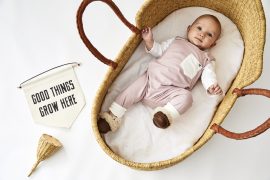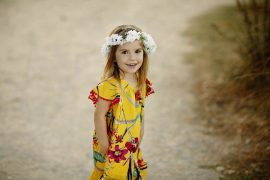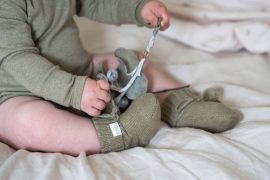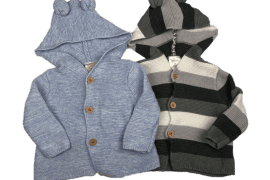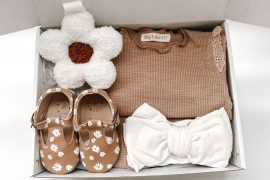“New Zealand has made great progress in the last year with seven companies publishing supplier lists, up from zero companies in 2017. However, many are yet to do this and stay on track with progress being made by the industry on a global scale. I’m hopeful Kiwi companies will take steps to rise to a new standard of transparency with consumers in the future.”
Living wages a major concern
Of the 114 companies assessed in the Report:
- Only 12 have developed or are using a living wage methodology and have calculated a living wage for each region they operate in. Three of these are New Zealand companies.
- Two New Zealand companies are included in the total of six companies paying a living wage to the workers in final stage and inputs production facilities.
- No company is paying a living wage all the way down the supply chain.
New Zealand’s Kowtow, Icebreaker, Freeset and Common Good scored in the A range for worker empowerment, which takes living wages into consideration.
Hart congratulated the New Zealand companies who scored highly in this area and encouraged other companies to follow suit.
“We’re pleased to see some New Zealand companies becoming more aware of worker empowerment and intentionally considering how much their workers are being paid. It’s a step in the right direction, but from this year’s results, it is evident we still have a long way to go before we will see a major shift in the industry take place.
“The Ethical Fashion Guide is a practical tool Kiwis can use to help encourage companies to reduce worker exploitation and pay fair wages.”
The Ethical Fashion Guide is based on the Ethical Fashion Report produced by Baptist World Aid Australia, which partners with Tearfund New Zealand to release the guide and work with companies to improve ethical practices in their supply chains.
To download a copy of the Guide or Report, visit Tearfund.org.nz/ethicalfashion.
To find out more about Tearfund’s work combatting human trafficking and exploitation, visit Tearfund.org.nz.

